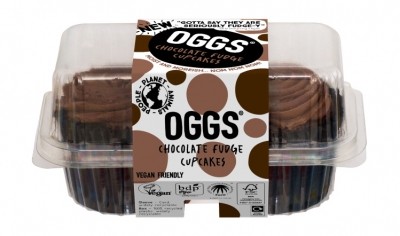New shelf-life guidance from Campden BRI

The research, training and consulting body’s latest work is part of a wider project, which has been running for two years, examining how several variables affect spoilage for products.
The study has already looked at shelf-life after packaging has been opened and how storage conditions affect food safety and quality. Areas of investigation have included how long sliced ham lasts once packaging has been opened and assumptions regarding how the temperature of domestic fridges affects shelf-life.
‘Fridge temperatures may need a rethink’
“One of the findings is that assumptions about domestic fridge temperatures may need a rethink,” said a Campden BRI spokesman. Results suggest consumers’ fridges run at higher temperatures than previously thought.
Campden BRI has issued new shelf-life guidance based on the research. The document – Evaluation of microbiological shelf-life of foods (second edition) 2019 – has been extended beyond chilled foods to ambient stored foods such as sauces and pickles. The guidelines cover all aspects of shelf-life, including best-before and use-by dates.















